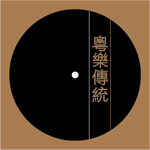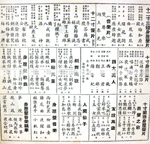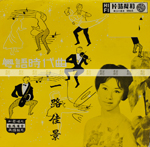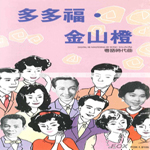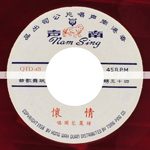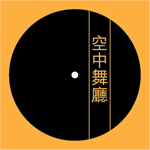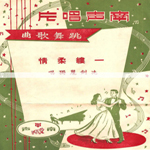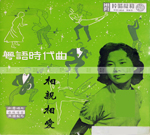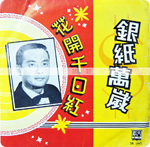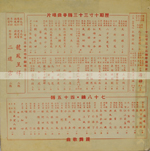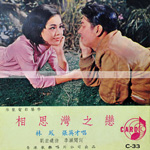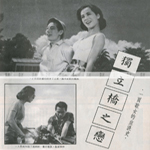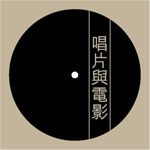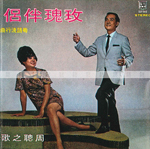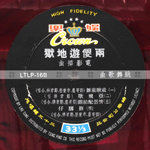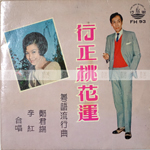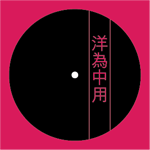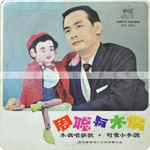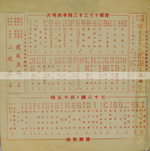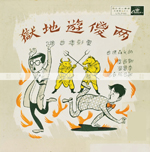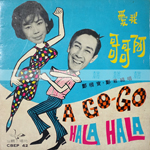In the time when Wong Jum-sum grew up, Cantonese pop music was but one of many kinds of music broadcast on radio. In a society where over 80% of the population spoke Cantonese, that came as a major surprise. Wong has a simple explanation for this. Cantonese pop grew out of traditional Cantonese music, but it could not build on the popularity of the latter in the face of severe competition. Compared to Western or Mandarin pop, it lagged behind in the areas of composition, lyrics, singing, accompaniment, recording, distribution, and marketing. Its competitors had a head start in talents, organization, and technology that took Cantonese pop more than a decade to come close.
Not everyone agrees with Wong’s diagnosis. Other scholars argue Canto pop, even in such early days, had a unique vibrancy that came from a healthy disregard of the boundaries among different traditions and genres, be they local or foreign. Early Canto pop laid a solid foundation for modern Canto pop, which went on to dominate not only Hong Kong but most Chinese communities around the world.
The story of Cantonese pop awaits careful re-writing.
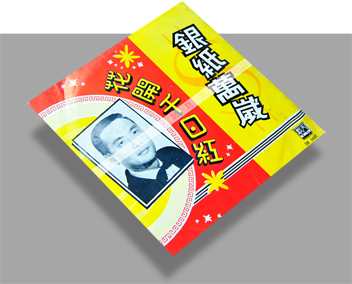

作曲:Eldo Di Lazzaro
作詞:周聰
主唱:周聰、呂紅
周:定要快快去醫吓個肚腸
呂:快開工啦整理各樣
周:待我快快去拈米去量
呂:我今生初次入廚房
周:同合作試學煮飯
呂:同結心似蜜似糖
合:來學吓煮菜
一於參照書中所說
依照各樣
周:燃著了快樂火焰
呂:甜與苦我願去嚐
合:勞動最歡暢
識得煮菜心中高興
高聲歌唱
共同歡唱
呂:待我去我去煮菜你嚐
周:要依書中所說各樣
呂:定要你快去煮菜我嚐
周:煎蝦蒸魚我最擅長
周:同合作試學煮飯
呂:同結心似蜜似糖
合:來學吓煮菜
一於參照書中所說
依照各樣
周:燃著了快樂火焰
呂:甜與苦我願去嚐
合:勞動最歡暢
識得煮菜心中高興
高聲歌唱
共同歡唱
